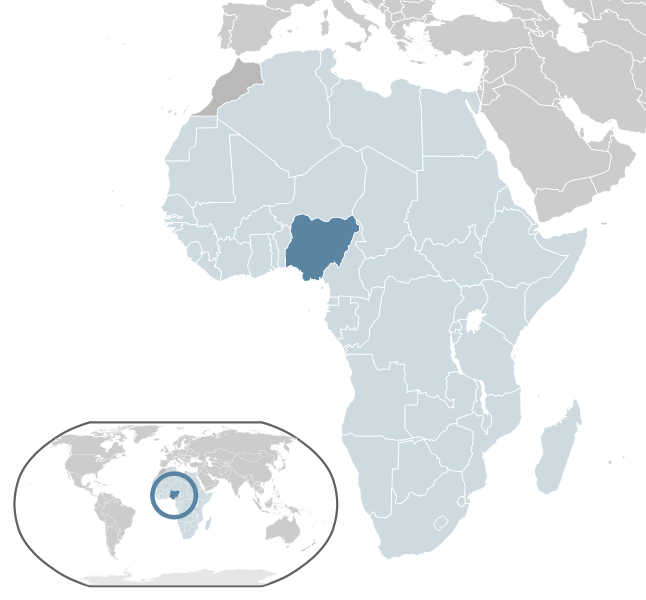Health officials issue advisory
In a follow-up on the monkeypox outbreak in the southern Nigerian state of Bayelsa, the Nigeria Centre for Disease Control (NCDC) issued a health advisory for the viral zoonotic disease, monkeypox:

It is normally spread by direct contact with bodily fluids (blood, secretions) or mucosal lesions of infected animals such as monkeys and rodents (squirrels, bush meat). Human-to-human transmission can occur following contact with infected respiratory tract secretions or skin lesions of an infected person or objects recently contaminated by patient fluids or lesion materials. It can also spread from mother to child through the placenta (congenital monkeypox).
The illness is characterized by fever, headache, body aches, feeling tired, swollen lymph nodes and its characteristic rash. About 1 to 3 days of fever, the rash erupts, beginning on the face and then spreading to the body with the face and palms/soles being most affected. This mostly self-limiting illness often lasts for 2−4 weeks.
To prevent Monkeypox, members of the public are advised to
● Avoid contact with wildlife (bushmeat) especially those found sick or dead especially in the area affected by the Monkeypox outbreak, i.e. Bayelsa.
● Avoid close physical contact with persons infected with Monkeypox.
● Wash hands with soap and water after caring for or visiting sick people.
● Cooking all animal food products properly before eating.
● Appropriate protective clothing and gloves should be worn while handling sick animals or their infected tissues and during slaughtering procedures.
● Report all cases with the above-mentioned symptoms to the nearest health facility for care.
Healthcare workers:
● Health care workers are strongly advised to always practice universal standard care precautions (including droplet precautions) when caring for patients, regardless of their presumed diagnosis.
● Wash hands with soap and water after contact with patients and/or their environment.

Image/CDC
● Maintain a high index of suspicion for Monkeypox especially for patients presenting with fever and vesicular/pustular rash in areas with reported outbreaks.
Save up to 40% off tours and activities in Chicago
● During triage, use precautionary measures such as placing a surgical mask over the nose and mouth of suspected patients and covering any exposed skin lesions with a sheet or gown.
● Isolate all patients suspected of having Monkeypox as soon as possible.
● Wear personal protective equipment (gloves, gown and masks) before close contact with suspected cases and dispose properly.
● Correctly disinfect all contaminated equipment (including bedding) using bleach unless otherwise indicated and dispose all waste properly.
● Samples taken from humans for investigation of Monkeypox virus be handled by trained staff and sent to the Nigeria Centre for Disease Control.
● Report all cases to the State Epidemiologist/LGA Public Health Department immediately
Suspected outbreak reported in Rivers State
While Nigerian health officials have confirmed monkeypox in Bayelsa State, local media are reporting an additional outbreak in neighboring Rivers State in southern Nigeria. According to a Leadership report, three suspected cases have been reported in the capital city of Port Harcourt.
Apparently the state government has confirmed the outbreak; however, no news to date from the NCDC.
Related:
- Plague: Antibiotics, money delivered to Madagascar to battle outbreak
- Brazil: Hepatitis A cases up 700 percent in São Paulo
- Potential targets for treatment of cutaneous leishmaniasis identified by University of São Paulo researchers
- New Zealand: Measles and rubella officially eliminated
- Michigan: Hepatitis A warning issued in Ann Arbor
- San Diego hepatitis A update: Emergency shelter for homeless declaration, Public statement controversy
- Idaho researchers receive grant for Giardia treatment research
- Tickborne diseases: Laboratory diagnosis and treatment
- Zika screening test for blood donations receive FDA nod


One thought on “Nigeria issues monkeypox advisory, media reports suspected outbreak in Port Harcourt”